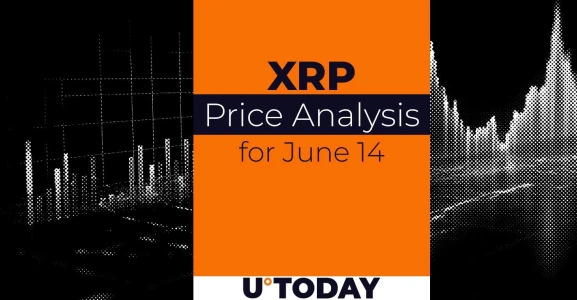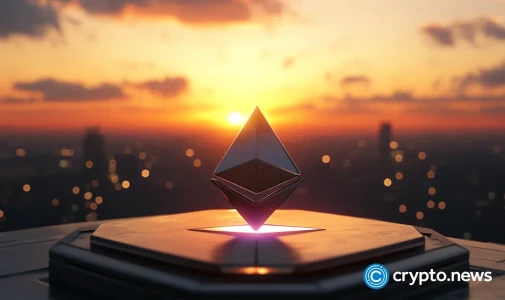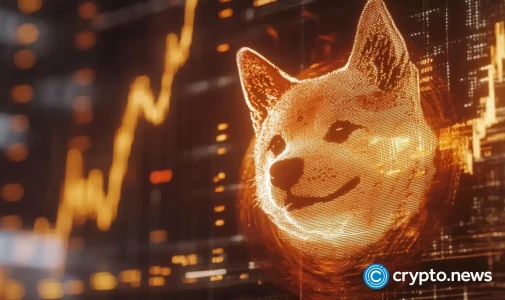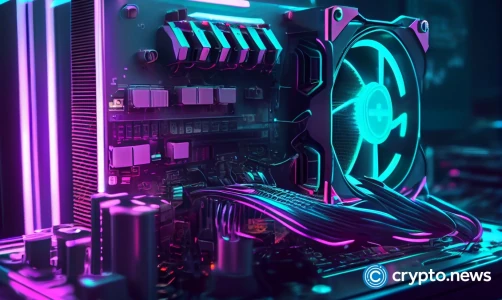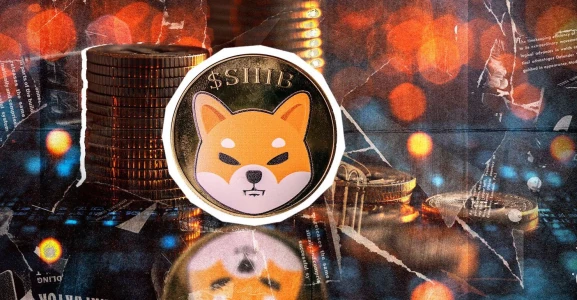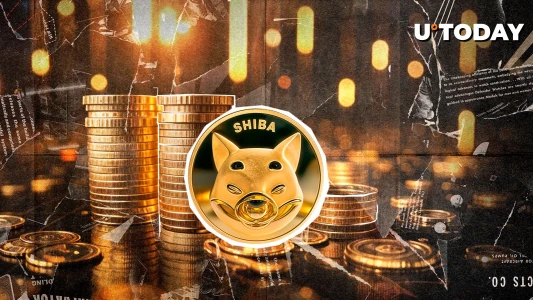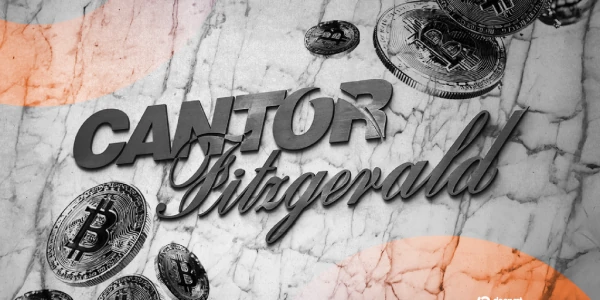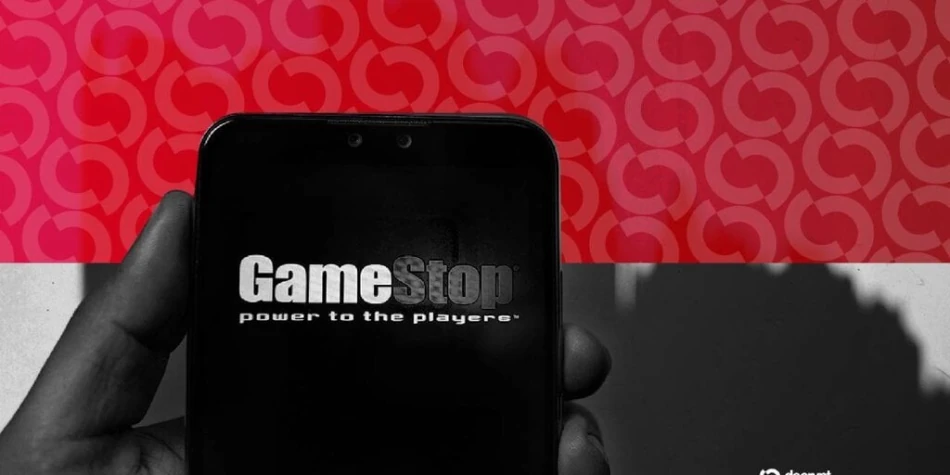
GameStop Raises $2.25 Billion in Convertible Bond Offering, Strengthening Bitcoin Treasury Amid Market Volatility
Shares fell earlier this week after the Texas-based video game retailer announced plans to offer $1.75 billion in convertible bonds.[...]
GameStop Doubles Down on Financial Strategy With $2.25 Billion Bond Offering
The video game retailer is making bold moves to reshape its financial future, signaling a strategic shift away from digital experiments toward more traditional revenue streams.
Expanding Convertible Bond Offering Signals Confidence
GameStop has increased its convertible senior notes offering by 29% to $2.25 billion, building on its successful $1.5 billion raise in April. Convertible bonds - which can be exchanged for stock at a later date - have become an increasingly popular financing tool among companies seeking to minimize dilution while raising capital. This approach has been successfully employed by tech firms like Tesla and MicroStrategy during growth phases.
The company set the conversion price at $35.20 per share, representing a 32.5% premium over Thursday's volume-weighted average price. While this initially spooked investors (shares dropped 24% on the news), the premium pricing suggests GameStop's leadership believes in the company's long-term valuation potential.
Strategic Pivot Away From NFTs
In a notable reversal, GameStop is shutting down its NFT marketplace just three years after launch. This decision reflects:
- The broader cooling of the NFT market, which saw trading volumes plummet 97% from their January 2022 peak
- A refocus on core retail competencies
- The challenges of competing against established platforms like OpenSea
The move aligns with GameStop's renewed emphasis on profitability after years of losses, though it represents a retreat from the digital transformation once championed by activist investor Ryan Cohen.
Trading Cards Emerge as Unexpected Growth Driver
GameStop's collectibles business - particularly trading cards - now represents nearly 30% of total sales. The company is strategically expanding this segment to capitalize on:
- The $10+ billion global sports card market (projected to grow at 8.5% CAGR through 2030)
- Strong demand for Pokémon and other gaming-related collectibles
- Cross-selling opportunities with its core gaming customer base
This pivot leverages GameStop's existing retail footprint and customer relationships, contrasting with its failed NFT experiment that required building new digital infrastructure.
Cryptocurrency Strategy Remains Unclear
GameStop's recent acquisition of 4,710 Bitcoin (worth approximately $300 million at current prices) has raised eyebrows. While the company hasn't outlined a clear crypto strategy, this move:
- Represents about 10% of the company's cash reserves
- Follows similar bets by MicroStrategy and Tesla
- Could serve as both an inflation hedge and potential revenue stream
Investors should watch for whether GameStop follows MicroStrategy's path of aggressive Bitcoin accumulation or treats this as a one-off investment.
The Road Ahead: Balancing Innovation With Fundamentals
After returning to profitability in Q1 2024, GameStop faces critical questions about its identity. Will it remain primarily a physical retailer, or continue experimenting with digital assets? The bond offering provides financial flexibility, but the company must demonstrate it can:
- Sustain profitability in its core business
- Effectively allocate its $4 billion+ cash reserves
- Develop a coherent digital strategy beyond one-off experiments
For investors, the coming quarters will reveal whether GameStop can evolve into a sustainable business or remains vulnerable to the volatility that has characterized its stock in recent years.
Most Viewed News
